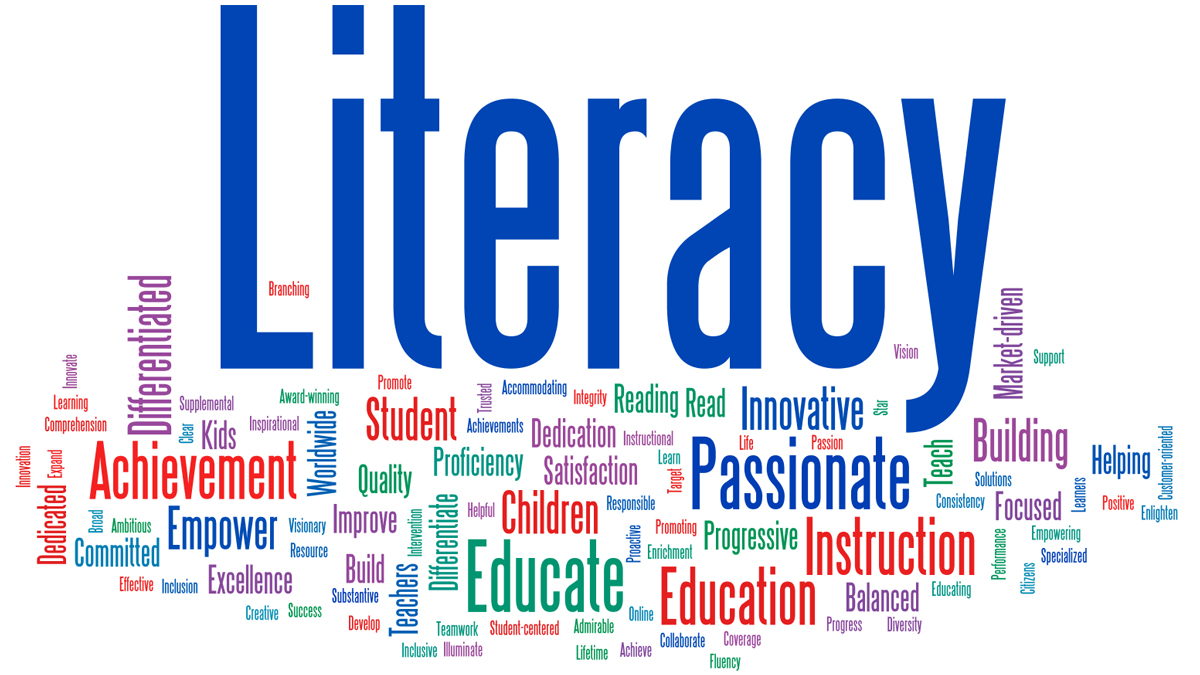90 Seconds of Rage on the Capitol By Dan Barry, Alan Feuer and Matthew Rosenberg
New York Times, Oct. 16, 2021
This was the headlining article in yesterday’s paper. Since I do receive actual copies of the Sunday New York Times, I read it in the actual paper not online. The reporting is good. These people have done their job. I came away with a sense of some of the 7 people who are currently indicted around Jan 6 incident.
As I continue to try to understand people I strongly disagree with, this article was helpful. My reading of this article tells me that none of the 7 people indicted went to Washington with an idea of what was going to happen other than the opportunity to see Trump in the flesh and attend a rally.
Having been a bar musician I recognize some personality types here. Blowhards and quiet confused introverts. A small number of individuals intent on raising hell. Some people who are obviously more used to talking and complaining than acting. Also, I wonder about the testosterone involved. But what I don’t see is people grimly hell bent on insurrection. While there was lots of incendiary language and posturing, It seems the notions of these six people are mostly vague and confused.
They acted with violence, but it’s not clear what their motivations might have been. The violence it seems to me was more bar fight than military action in conjunction with a strong element of mob mentality.
By mob mentality I mean that groups of humans sometimes do terrible and inexplicable things simply because they are in a group. This sort of action includes of course lynching and killing. But while there is physical violence reported in this article, there is no sense of clarity about its purpose other than the venting of some confused, angry people and awful spur of the moment decisions.
Reading this article did not diminish my personal dismay of what happened that day. But these perpetrators were thinking more like bar idiots than determined militiamen.
I think they should be tried and convicted and pay a price. But I also compare my impressions of the actors described in the article with my ideas from yesterday about comprehension.
Sometimes when I’m driving and I witness idiotic driving behavior it helps me to remember that people are not necessarily functioning coherently. If their attention is engaged, I often conceptualize that they might be thinking along the lines of playing a video game rather than controlling thousands of tons of lethal steel and plastic.
And even that might be too much credit. Self awareness is a rare thing in my experience. Maybe that’s where the subjectivity mentioned yesterday comes to play. It’s not unreasonable to assume that people misbehaving are immersed in a swirl of emotion and misperception.
I’m glad none of the elected governmental officials were hurt in this incident. As with any police venture I feel a lot of sympathy for the difficult role of policemen and security guards. You can bet your bippy that the men and women in uniform trying to control the situation were considering that any moment someone would start shooting at them.
This consciousness must be part of the daily life of police and guards.
Culpability extends from the people who traveled to Washington and got swept up in stupidity to complicit elected people and their staff if complicit all the way to the stupid demagogue and his cronies who goaded them on with equal parts ignorance and malice both that day and in a long campaign of stupidity and fear.
Ultimately this article left me shaken about the direction of my country and feeling sorry for some the people involved and exasperated at the foolishness of others . Admittedly the sorrow and exasperation are luxuries. Not that many people were actually harmed. Our democracy was raped and left in tatters but that has been a daily occurrence since at least 2015.
I keep picturing Kentuckian Clayton Mullins returning to where his wife and sister were waiting after participating in the scuffle: “His stricken face told them that something was wrong.
On the long walk back to their rental car, they later said, Mr. Mullins wept. And on the long, two-day drive back to Kentucky, they said, he was silent.”







